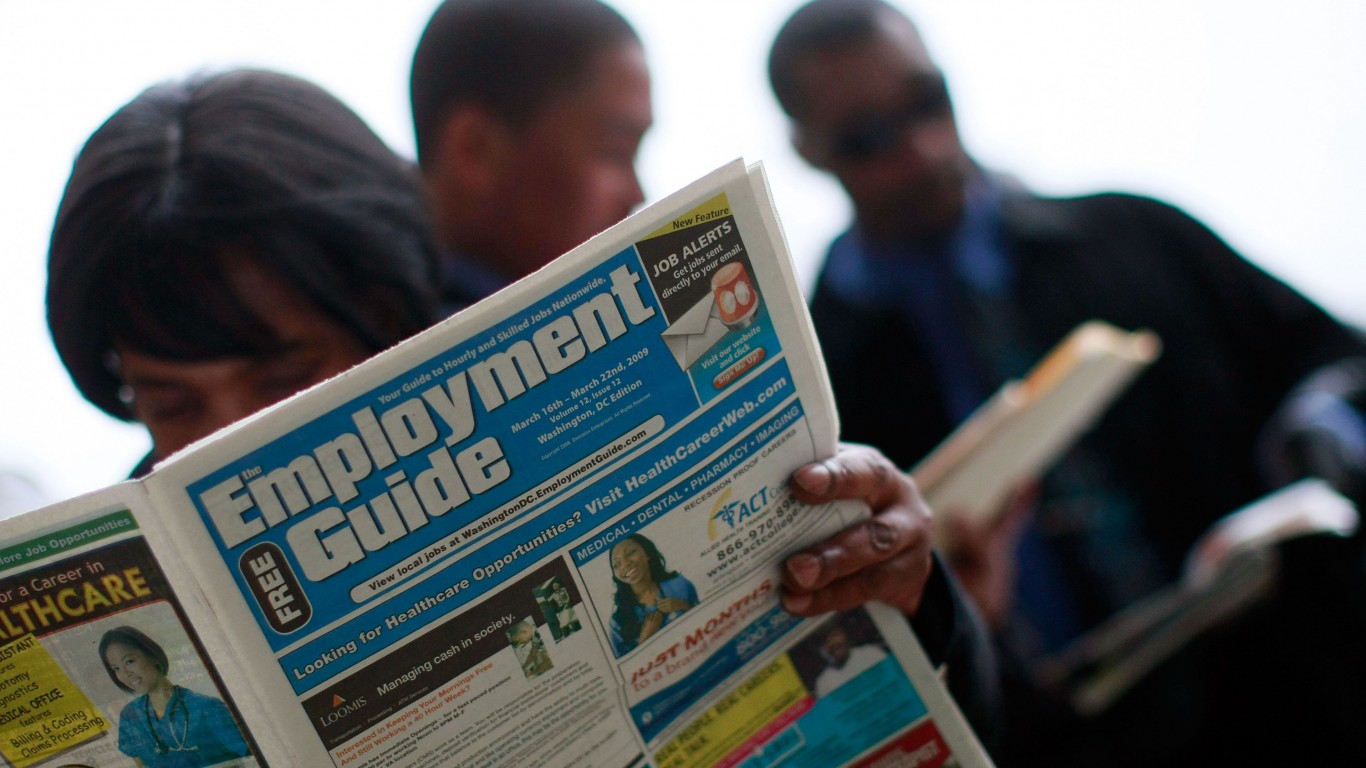Dying growth, crippled by high manufacturing costs and a financial system broken at the start of the recession, where supposed to slow the U.S. economy so that it would be a drag on the growth prospects for the rest of the world. America may remain first in gross domestic product (GDP) by country and large enough to be a boat anchor for the expansion of most of the rest of that world.
These things are not so, according to the new Moody’s quarterly Global Macro Outlook report. The United States as a matter of fact is supposed to post a growing expansion in 2015, while most other economies sputter.
According to the authors of the report:
Despite muted growth prospects in the rest of the world, we forecast robust GDP growth in the US, at 3% and 2.8% in 2015 and 2016 respectively, after 2.2% in 2014, unchanged from our previous forecast.
Weak external demand combined with a stronger US dollar will dent export growth. However, exports have contributed little to the recovery in the US economy so far. For instance, in the year to Q3 2014, net exports only contributed 0.1 percentage point to overall GDP growth. Rather the economic upturn has been, and is expected to remain, mainly accounted for by domestic demand.
ALSO READ: States Where Poverty Is Worse Than You Think
American consumer activity, which is about two-thirds of GDP, will rescue the American economy again. Recent unemployment improvement, rising consumer optimism and improvement in the earnings of many U.S. companies tend to support the analysis.
Global GDP growth is unlikely to rebound significantly in the next two years, as a gradual slowdown in the Chinese economy and structural impediments to growth in the euro area, Brazil and South Africa continue to weigh on economic activity, says Moody’s Investors Service in its quarterly Global Macro Outlook report. For the G20 economies as a whole, the rating agency expects GDP growth of around 3% in 2015 and 2016, after 2.8% in 2014.
Most experts believed that the euro area would not begin to expand rapidly again, particularly because of a slow expansion in Germany, the region’s largest economy, and trouble in France and small, southern European countries.
The surprise in the report is the future of the world’s second largest economy:
The downturn in China’s property sector is underway and the correction could be deeper and longer than currently assumed, with significant effects on the rest of the Chinese economy. A protracted period of lower growth in China would affect the rest of the world by dampening trade. These effects would unfold over several years. With lower global growth prospects, asset prices would also be negatively affected which would amplify the downside effects on the world economy.
ALSO READ: The 10 Most Livable Countries
So, it is not a drop in exports and manufacturing, two cornerstones of China’s expansion, but a bubble that is likely to wound the People’s Republic.
In the blink of a few years, the United States has turned back into not only the world’s lead economy, but one that is absolutely critical the a global expansion over the 2015/2016 period.
The Average American Is Losing Their Savings Every Day (Sponsor)
If you’re like many Americans and keep your money ‘safe’ in a checking or savings account, think again. The average yield on a savings account is a paltry .4% today, and inflation is much higher. Checking accounts are even worse.
Every day you don’t move to a high-yield savings account that beats inflation, you lose more and more value.
But there is good news. To win qualified customers, some accounts are paying 9-10x this national average. That’s an incredible way to keep your money safe, and get paid at the same time. Our top pick for high yield savings accounts includes other one time cash bonuses, and is FDIC insured.
Click here to see how much more you could be earning on your savings today. It takes just a few minutes and your money could be working for you.
Thank you for reading! Have some feedback for us?
Contact the 24/7 Wall St. editorial team.


